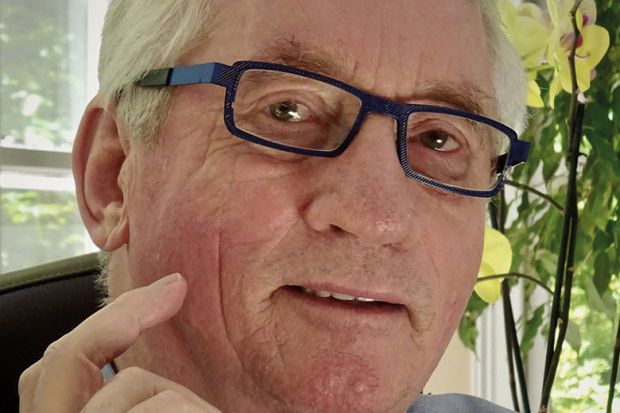What sorts of books inspired you as a child?
I had a few books with descriptions of animals. They included beautiful gravures and notes on their natural history. I was especially interested in the animals that I kept myself, stickleback fish, salamanders, jackdaws, mice, but I also learned about bird migration and marine mammals.
Which books spurred you to research the social behaviour and emotional life of animals?
At university, I had many biology textbooks, but I still remember one professor’s warning against a popular best-seller. He told us to stay away from Desmond Morris’ The Naked Ape. I obviously couldn’t resist reading it. It was irreverent and provocative! It was the first time that I saw the relevance of the study of animals to an understanding of human behaviour. I also read Konrad Lorenz’s books, which were well written, even though we would not agree with the message any more. I was inspired by books by Jane Goodall, Stephen Jay Gould, Bernd Heinrich (such as Ravens in Winter) and other popularisers, and also serious treatises on how to apply evolutionary theory to human behaviour. The study of emotions, however, was almost never discussed in these books.
What would you recommend as good overviews of our latest thinking in these areas?
There are several new books about primates, such as a volume on bonobo behaviour edited by Brian Hare and Shinya Yamamoto, Bonobos: Unique in Mind, Brain, and Behavior. But it’s rather technical. Among popular books, I’d recommend Nathan Emery’s Bird Brain: An Exploration of Avian Intelligence, Carl Safina’s Beyond Words: What Animals Think and Feel or my own Are We Smart Enough to Know How Smart Animals Are?
What are the best books on animal rights?
I find most interesting philosophers who dwell on sentience and consciousness in both humans and other animals, and debate how anthropocentrism stands in the way of our understanding of animals. A great volume in this regard is the one edited by Kristin Andrews and Jacob Beck, The Routledge Handbook of Philosophy of Animal Minds.
What is the last book you gave as a gift?
I gave away the first volume of Game of Thrones because I have now started on the second. I have never seen the television series, but heard so much about it that I decided that I should read George R. R. Martin. His books describe the fascinating in-group/out-group behaviour of our species, interspersed with a lot of focus on reproduction and kin bias. Very primate-like.
What books do you have on your desk waiting to be read?
Haruki Murakami’s 1Q84. I have started it, but it is a huge book, and I am a slow reader. It will take me for ever! I read fiction usually on the plane, since I travel so much. I do my professional reading more selectively on my computer, adding highlights and comments. I rarely read these articles or books in their entirety. It is a very different style of reading.
Frans de Waal is C. H. Candler professor of psychology at Emory University and director of the Living Links Center at the Yerkes National Primate Research Center. His latest book is Mama’s Last Hug: Animal Emotions and What They Teach Us about Ourselves (Granta).
Register to continue
Why register?
- Registration is free and only takes a moment
- Once registered, you can read 3 articles a month
- Sign up for our newsletter
Subscribe
Or subscribe for unlimited access to:
- Unlimited access to news, views, insights & reviews
- Digital editions
- Digital access to THE’s university and college rankings analysis
Already registered or a current subscriber? Login



